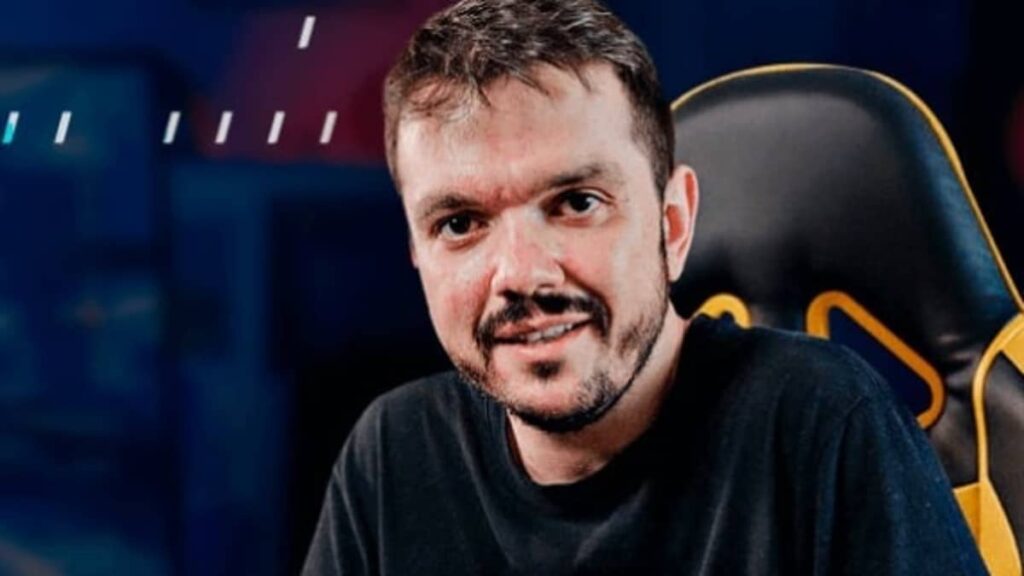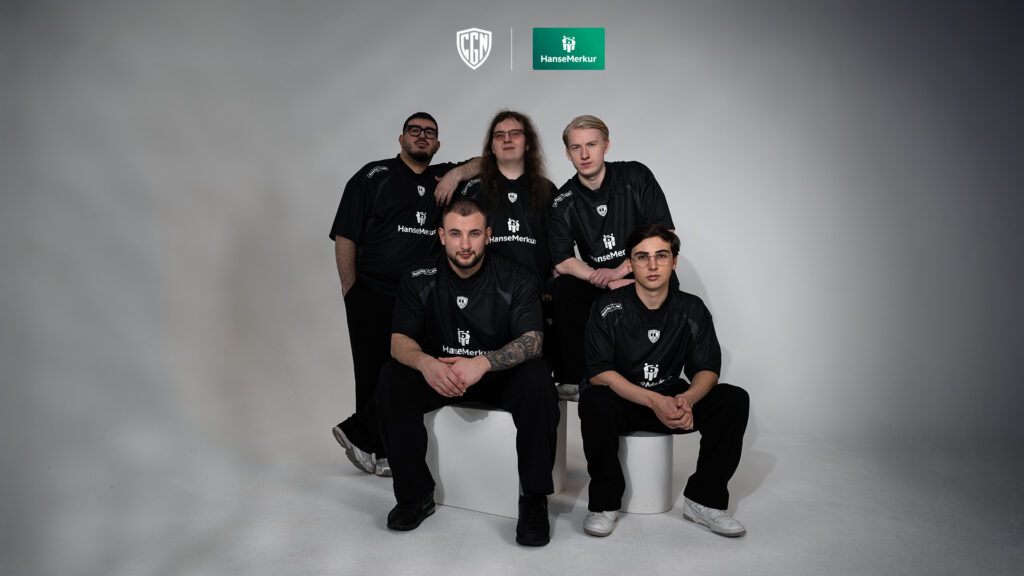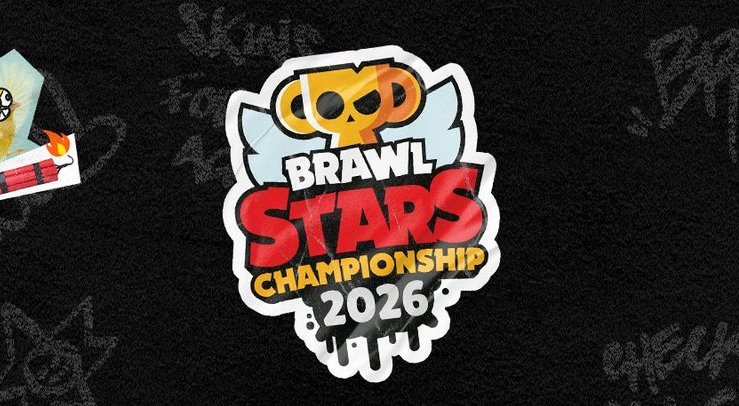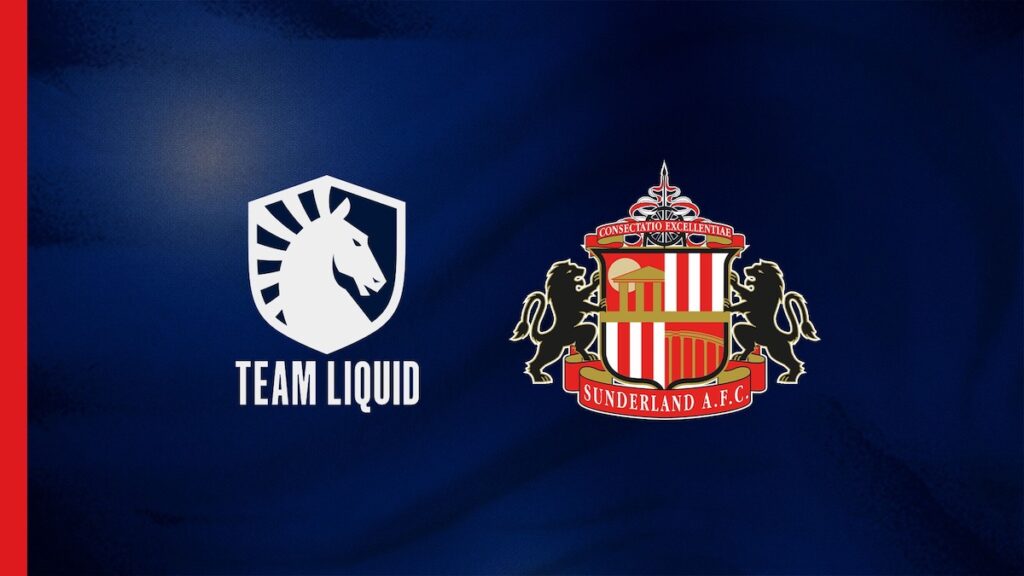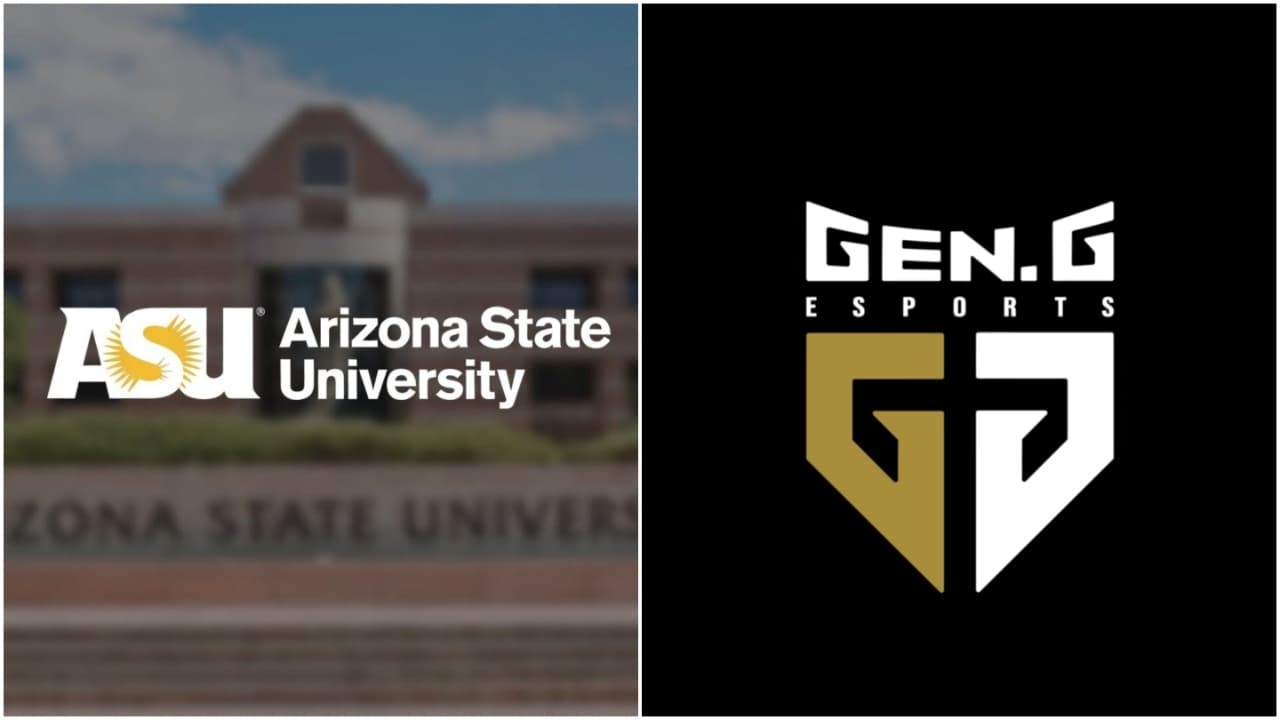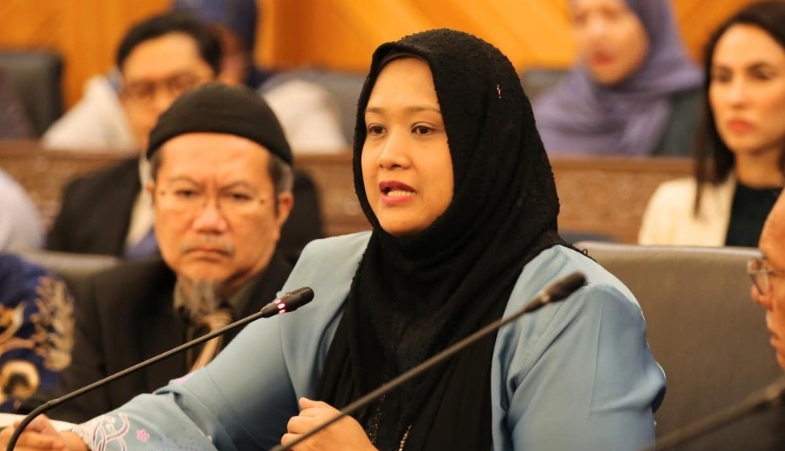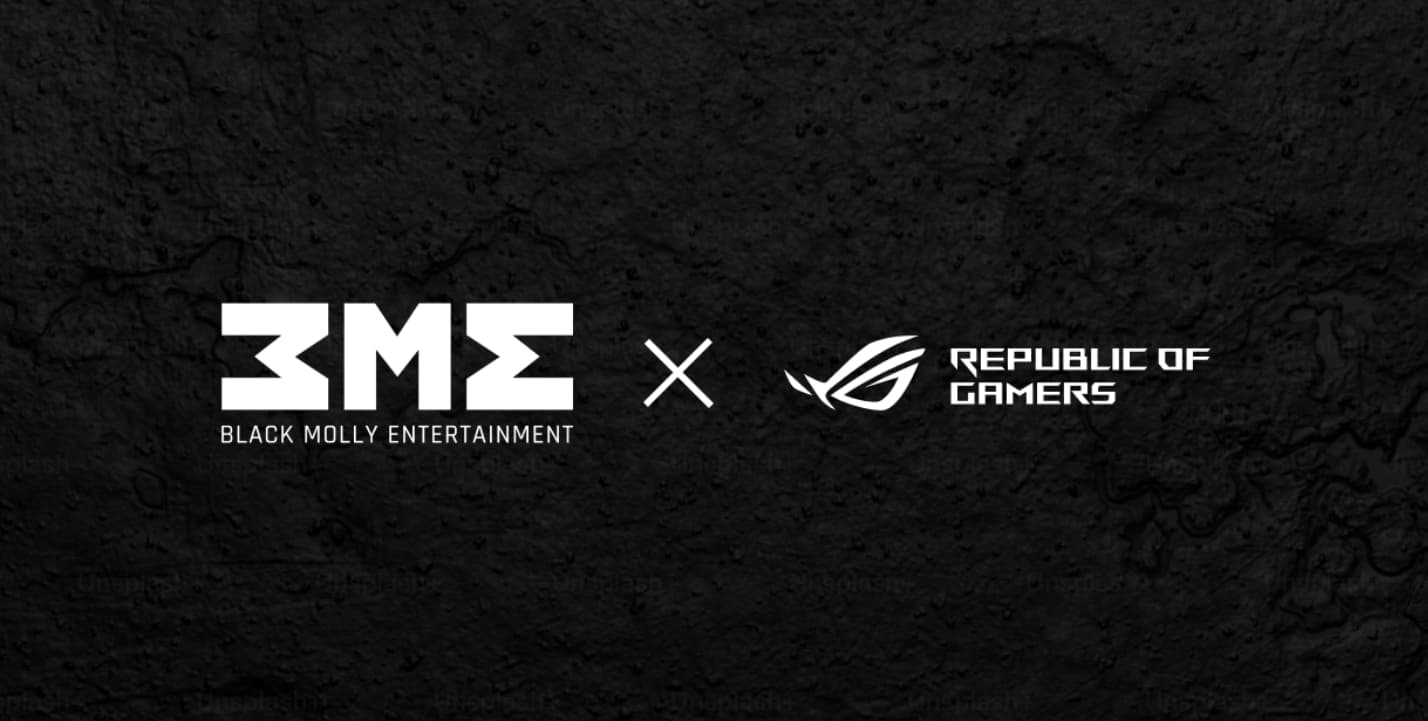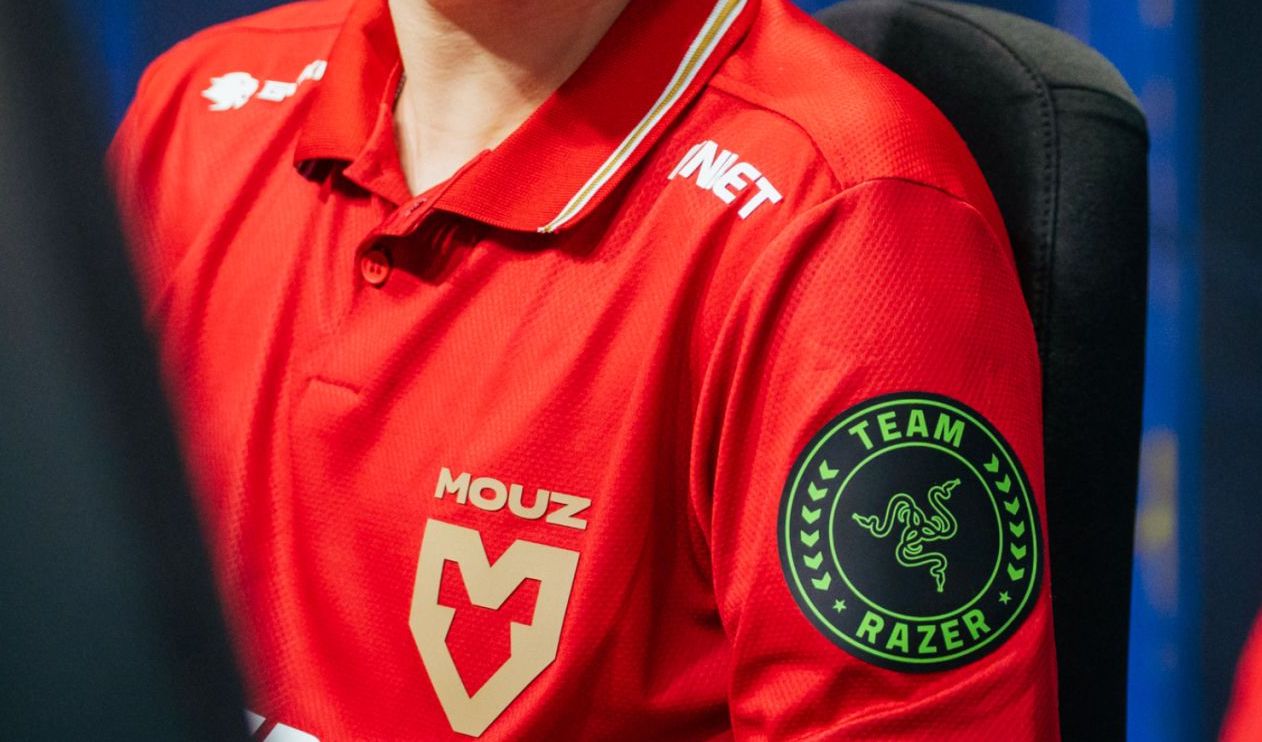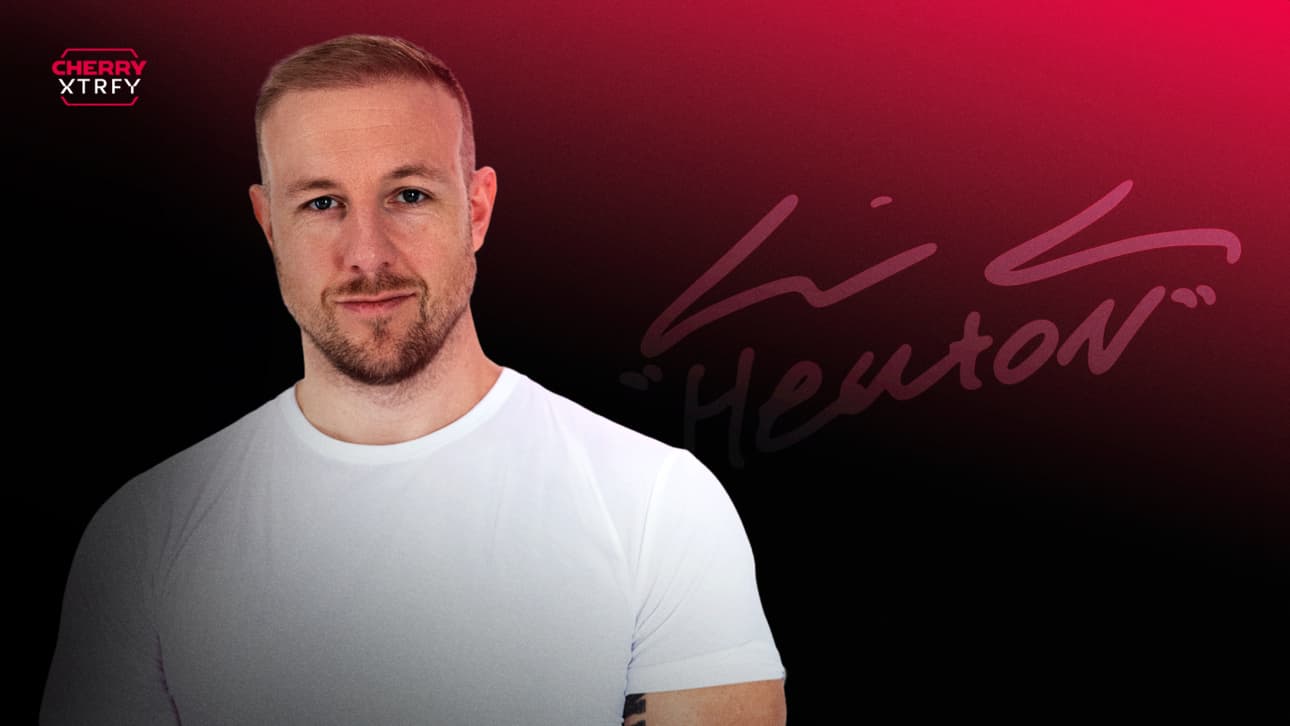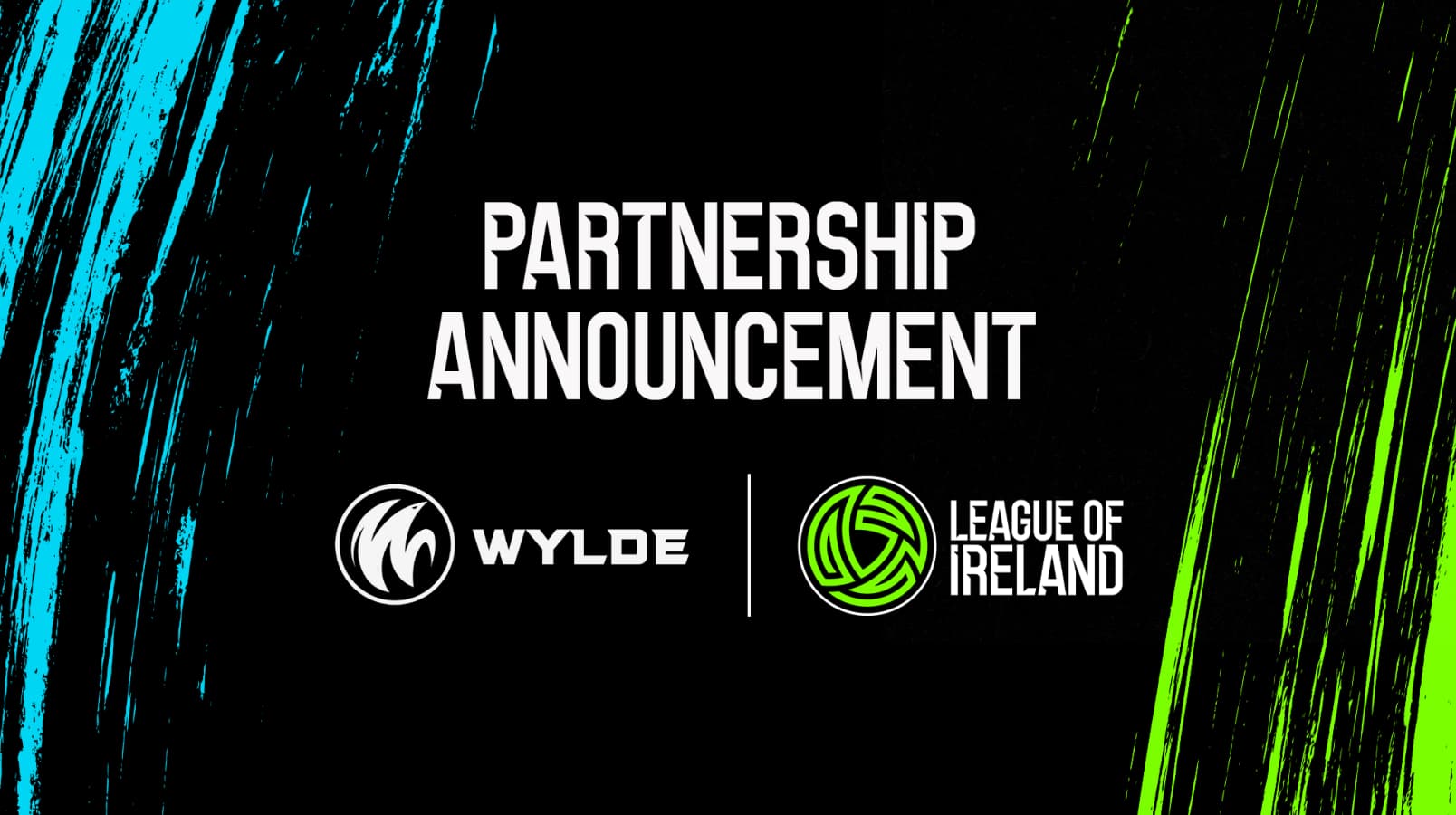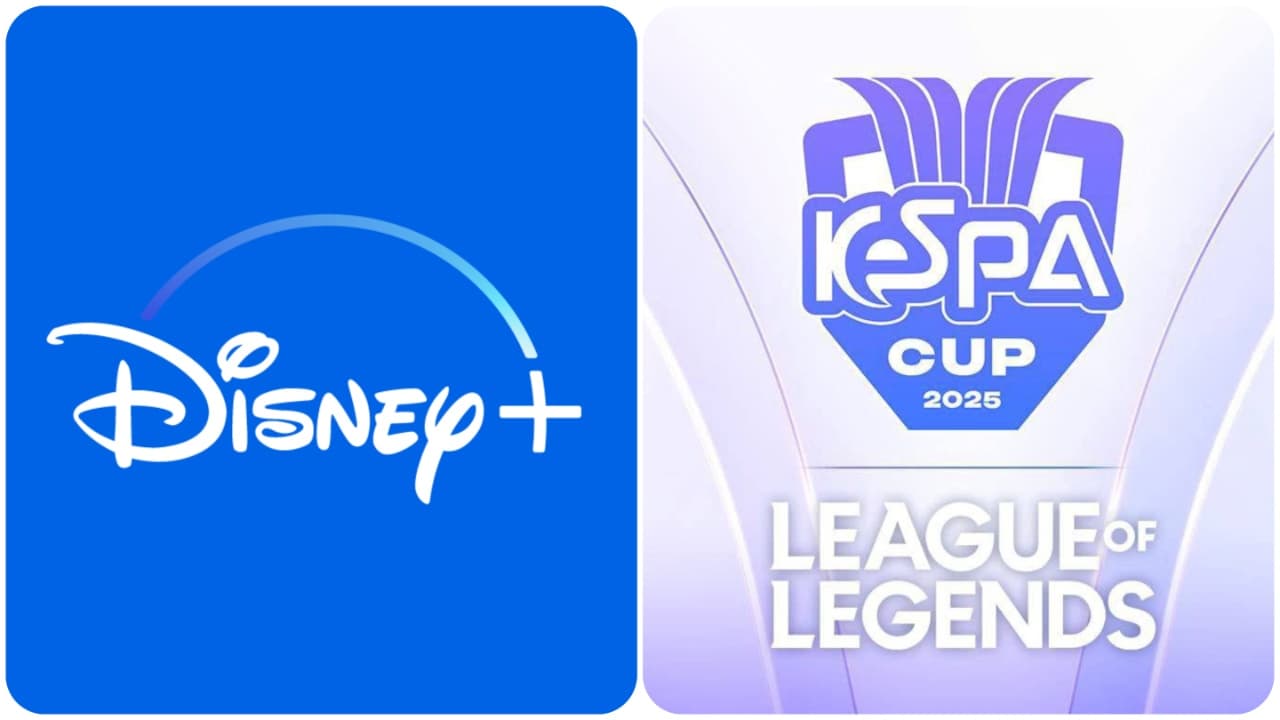For years, the Brazilian Counter-Strike scene has been defined by one voice: Alexandre “Gaules” Borba. His streams have made him the de facto portal for millions of Brazilian fans to watch top-tier Counter-Strike 2 (CS2). This unparalleled dominance, now facing potential challenges, has ignited a fierce debate about market control and the future of Brazilian Portuguese broadcasts.
The first significant crack in this dominance appeared at the BetBoom Dacha 2023. For the first time in years, BTS Brazil secured the exclusive Portuguese broadcast rights, leaving Gaules’ channel without rights to matches from popular teams like FURIA and MIBR. The experiment, however, failed to make a dent in his dominance. In fact, it arguably reinforced his position; BTS struggled with inconsistent audience numbers and critical reception, a situation worsened by inconsistent performances from the Brazilian teams.
A more meaningful shift occurred in September 2025. MadHouse TV—a joint venture from esports organisation FURIA and the colossal podcast Podpah—broadcast the FISSURE Playground #2. With Gaules offline and the broadcast distributed among other creators, the production was well-received. Capitalising on FURIA’s tournament victory, MadHouse TV’s stream peaked at over 300,000 simultaneous viewers. This success demonstrated a viable alternative could exist and intensified accusations that Gaules has been monopolising the market.
Addressing the controversy directly during a broadcast of the ESL Pro League Season 22, Gaules outlined the complex mechanics behind his long-held supremacy.
How the Market Was Built: A History of Exclusivity
Gaules argued that the current exclusive-rights model is not his creation, but the inevitable result of a market he helped build. He recounted a time when Brazil “had almost no broadcasting rights,” describing an era of bootstrapped broadcasts for minor leagues and events that weren’t even offered in Portuguese.
His persistence created a virtuous cycle: growing audiences justified paying for rights, which in turn guaranteed tournaments massive visibility in Brazil. Gaules presented a nuanced view of his dominance, framing it not just in terms of rights, but also for a deep, complex connection with his audience built over eight years. This success, he explained, led to the “exclusive” model that defines the market today.
According to the caster, this exclusivity stems from commercial necessity, not an aggressive tactic. He posits that once he purchases the rights for the territory, the market dynamics make it financially unviable for anyone else to follow. “If I’m broadcasting, there’s no way anyone else can broadcast and get any… visibility,” he stated.
While this may seem a bold claim to outsiders, it is supported by the viewership gap at the PGL Copenhagen Major 2024, which was also casted by BTS Brazil, and across numerous CS2 tournaments broadcast by other community creators over the past five years. This proven disparity has long made it a significant financial risk for other channels to allocate funds for rights they could not monetise.
Dismissing the idea that he engineered this system, Gaules insisted, “this idea that I started buying exclusive rights… it wasn’t me.” He expressed a surprising desire for collaboration, stating, “I’m desperate for a company to come to me and say, ‘Gaules, come here, let’s split these broadcasting rights. I want to pay my share; how much does it cost?'” He claimed to have waited eight years for such an offer, concluding that it “has never happened.”
As new, well-funded players like MadHouse TV enter the arena, the Brazilian CS2 scene stands at a crossroads. MadHouse signs to have finally overcome such a barrier, albeit under the critical condition that Gaules was not broadcasting. The fundamental question remains: will the market evolve to support multiple broadcasters, or will the powerful community bonds forged over eight years prove to be Gaules’ most unassailable exclusive right?



